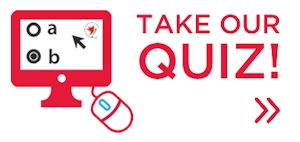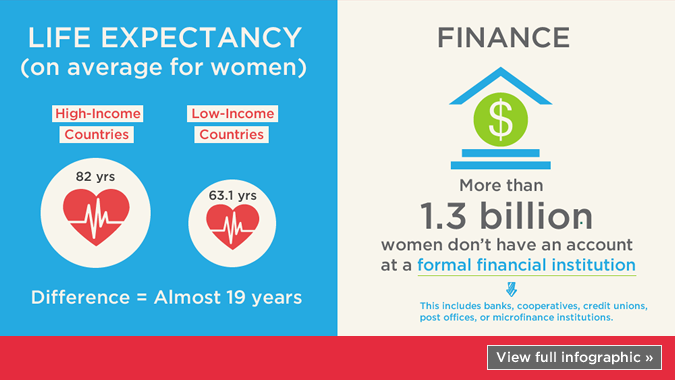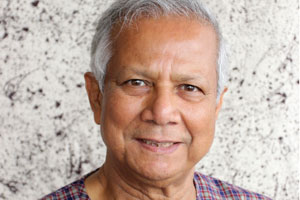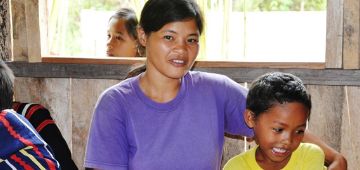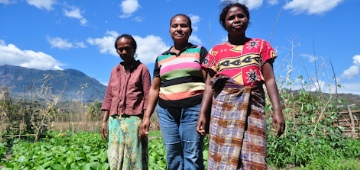Women and Poverty
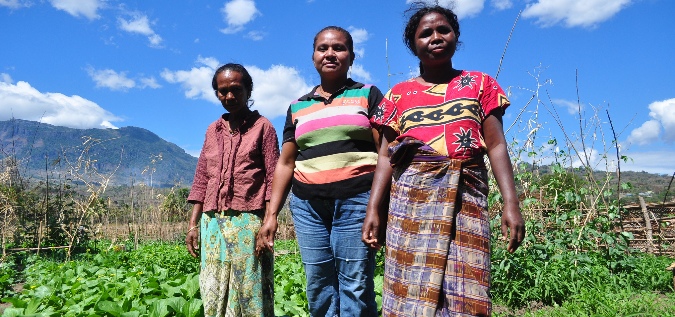
The last few years have seen historic achievements in reducing the number of people who are poor, making the end of extreme poverty possible in the coming generation. That requires cutting the multiple roots of impoverishment. One of the deepest is gender discrimination, which imposes a disproportionate burden on women.
When women are poor, their rights are not protected. They face obstacles that may be extraordinarily difficult to overcome. This results in deprivation in their own lives and losses for the broader society and economy, as women's productivity is well known as one of the greatest generators of economic dynamism.
While both men and women suffer in poverty, gender discrimination means that women have far fewer resources to cope. They are likely to be the last to eat, the ones least likely to access healthcare, and routinely trapped in time-consuming, unpaid domestic tasks. They have more limited options to work or build businesses. Adequate education may lie out of reach. Some end up forced into sexual exploitation as part of a basic struggle to survive.
And while women at large have not yet achieved an equal political voice, women in poverty face extra marginalization. Their voices are rarely heard, for example, in decisions on managing an economy, or sharing benefits and costs.
The Beijing Declaration and Platform for Action, adopted by 189 Member States in 1995, reflects the urgency around women and poverty by making it the first of 12 critical areas of concern. Actions under any of these, whether education, the environment, and so on, help women build better lives. But measures targeted to reducing women's poverty are critical too.
Governments agreed to change economic policies to provide more opportunities for women, improve laws to uphold economic rights, and boost access to credit. They committed to collecting better information to track how poverty affects women differently, as knowing any problem is essential for solving it.
Since Beijing, much progress has been made in these areas. There is still far to go. Ending extreme poverty will come within reach only by fully involving women and respecting their rights—at every step along the way.
Fast facts
Sources: World Health Statistics, WHO, 2014; The Global Findex Database: Women and Financial Inclusion, The World Bank, Bill & Melinda Gates Foundation, 2013.
In the words of...
Professor Muhammad Yunus – Women at the centre of our economic activity
Professor Muhammad Yunus established the Grameen Bank in Bangladesh with the objective of helping poor people escape from poverty by providing loans without collateral to support income-generating activities. From Prof. Yunus's personal loan of small amounts of money in the mid-70s to destitute basket-weavers in Bangladesh, the Grameen Bank has advanced to the forefront of a burgeoning world movement toward eradicating poverty through microlending. Today it has 8.4 million borrowers of whom 97 per cent are women, and has lent over USD 8.4 billion with a near 100 per cent repayment rate. Prof. Yunus is the recipient of 112 awards, including, the World Food Prize, the Sydney Peace Prize, and the Seoul Peace Prize. He received the Nobel Peace Prize in 2006, and the Presidential Medal of Freedom by President Obama in 2009.
Editor's picks
Indigenous women learn about their rights in the Philippines
Where: Philippines
Organization: UN Women
The Dibabawon indigenous people live in the remote Calinogan community of Compostela Valley Province, Mindanao. I travelled for seven hours from Manila, by plane, car, and finally on a local ‘skylab’ motorbike along unpaved roads through lush forests, to reach this community of 256 people.
Read more »
Working Like a Slave, Eating Like a King
Where: Timor-Leste
Organization: UN Women
An initiation of self-help groups, collectives of women and men who work together to produce agricultural products, raise livestock, fish, and even create bricks for infrastructural development has changed not only the financial situation, but the gender division of labour of many communities in poverty-stricken Memo village of Timor-Leste.
Read more »
Resources
- MDGs Gender Chart 2014 (UN Women, 2014)
- Gender Equality Data and Statistics (The World Bank, 2014)
- Realizing women's rights to land and other productive resources (UN Women, 2013)
- Fighting inequality from the basics: The social protection floor and gender equality (UN Women, 2013)
- Millennium Development Goals Report 2014 (United Nations, 2014)
- Women's Voice and Agency (The World Bank, 2014)
- Infographic: The Female Face of Farming (FAO, 2014)
